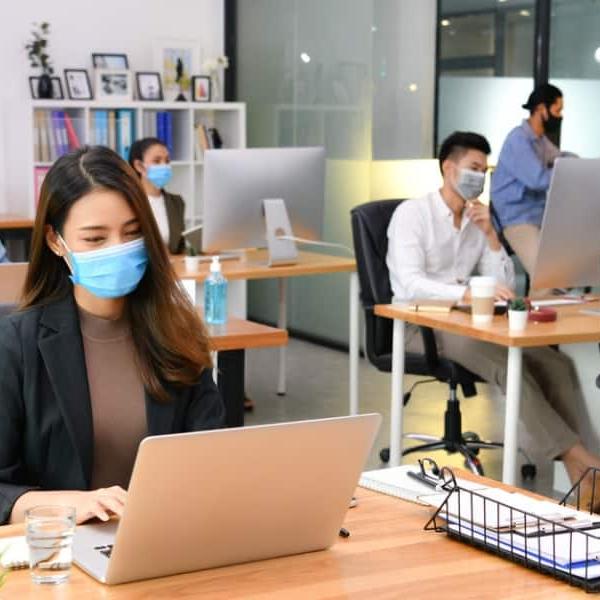Duty of Care
Where’s Your Sense of Duty?
Duty of care isn’t only about traveler safety anymore.
It turns out that keeping people safe, happy, and productive actually makes them safe, happy, and productive. Maybe that isn’t a huge surprise, but after 2020 turned all our spare bedrooms into offices, we’re ready to get back out there safely, to enjoy and be engaged in our work, and to be more efficient with our time and our tasks.
And more than ever, those workplace wishes are falling under the purview of duty of care.
So whether your employees are working from home, jetting off to London, or simply reveling in a renewed sense of corporate responsibility (think diversity, equity, inclusion, and sustainability), their emotional and physical well-being is grabbing the spotlight. And it’s your job to take care of it.
We’re still talking about travel, right?
Yes, but not exclusively. You’re required to maintain duty of care when an employee is working in the far corners of the globe, but you’re also responsible for their safety and well-being when they’re working in the far corners of their dining room.
And now that we’ve learned remote work doesn’t diminish productivity, companies are working on ways to keep employees happy, healthy, and engaged regardless of where their desk is. According to a recent SAP Concur duty of care whitepaper entitled More Than a Matter of Safety, Duty of Care as a Key to Resilience: “mitigating health and safety exposures for employees is rapidly becoming one of the most important resilience and risk management strategies for companies.”
Health and well-being have moved to the top of the agenda and onto the boardroom table, and it isn’t just about the company being healthy; this time, it’s about the people who work there. The paper goes on to discuss how organizations are developing a more holistic “culture of safety,” outlining the need to:
- Get all the necessary departments involved.
- Arm employees with information.
- Put safety at the heart of travel policies.
So yes, we’re talking about travel, too, because it’s starting back up, and people want to get out there.
According to IHG research, for example, 40% of business travelers say they miss seeing clients face-to-face. Fifty percent miss the meaningful relationships they’re able to build through corporate travel. And 45% say that business travel improves their mood and level of motivation.
See how it’s all tied together? Remote work, mobile work, responsible workplaces – they’re all linked to duty of care, and they each need to support the emotional and physical health of your workforce. To bolster that support, companies are turning to technology that keeps travelers and other employees safe and informed, while making sure the ROI isn’t measured merely in dollars, but in terms of safety, efficiency, and sustainability.
The SAP Concur whitepaper includes a list of must-haves when considering any safety-focused solution:
- Tracking and visibility tools
- Round-the-clock communication channels
- An immediate security or medical response when minutes matter
- A way to anticipate and avoid location-specific safety concerns before travelers arrive
- Quick adjustments to travel logistics when plans or itineraries change
- Extraction support when necessary
Any way you look at it, duty of care is in the spotlight. And the better your employees feel about where they’re going (or not going) for work, the better it’s going to be for your business.
To see how taking care of your employees can spark resiliency in your organization, download the whitepaper.
